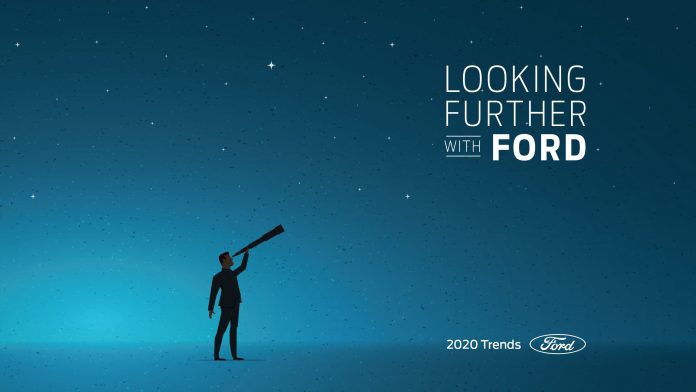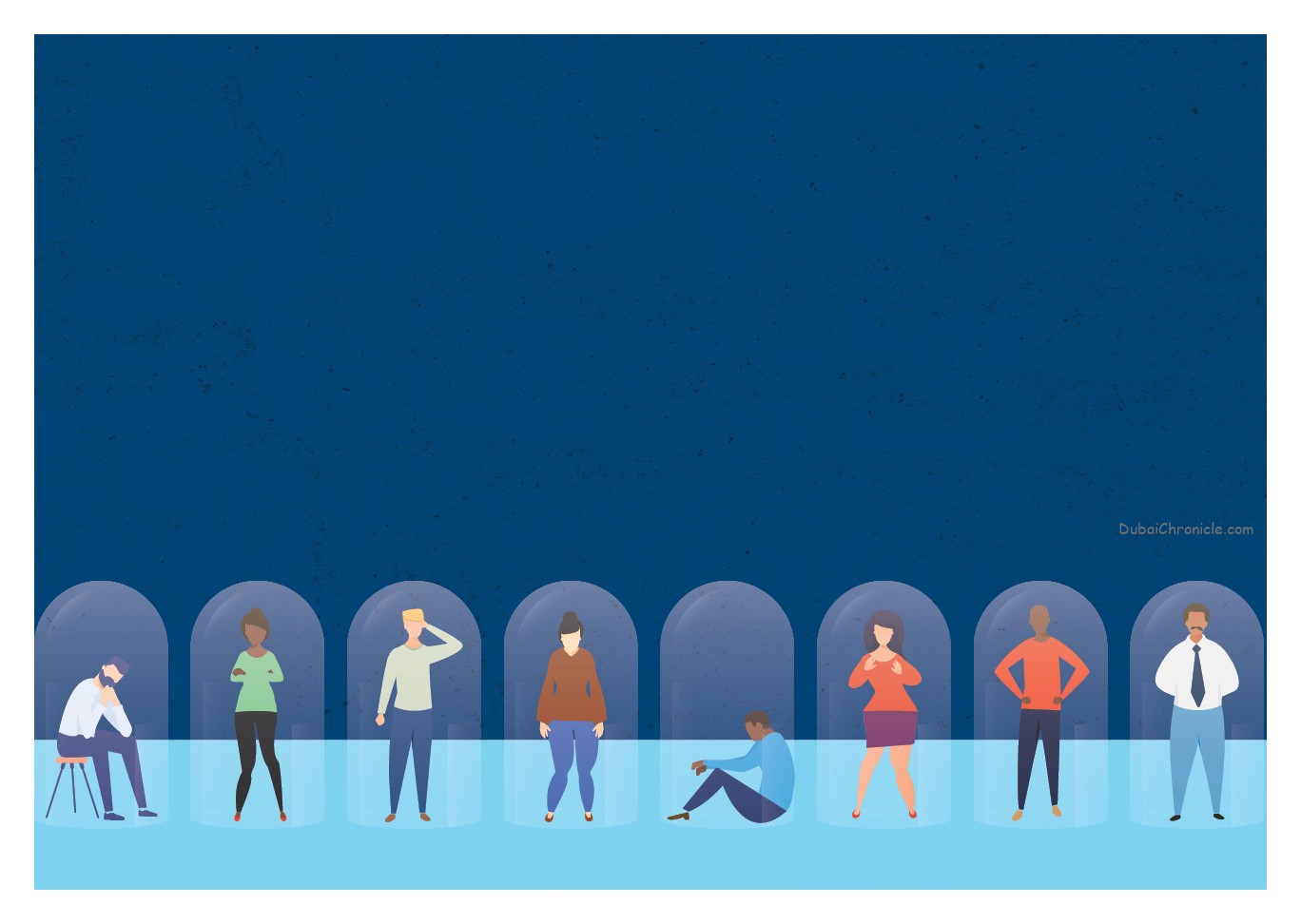
Loneliness, uncertainty, and the importance of trust are dominant themes in this year’s report, yet Ford’s Chief Futurist uncovers pockets of opportunity for businesses and people to connect and thrive
- The 2020 Looking Further with Ford Trends Report, our 8th annual report, shows people today feel overwhelmed with the changes they see taking place in the world – and they’re having a harder time trusting brands and connecting with peers than they did in the past
- 45 per cent of adults globally, and 56 per cent of adults polled in the Middle East, say they feel lonely on a regular basis, signalling an opportunity for companies and brands to help people find comfort and connection
- 58 per cent of adults globally say they feel more despair than hope when it comes to fighting climate change, yet less than half are taking action when it comes to choosing green transportation methods, such as driving electric, carpooling, or taking public transportation
- In the Middle East, 74 per cent of adults trust companies that have been in business a long time, rather than newer companies, with the same percentage suggesting the fastest way to gain their trust is through great customer service
In the age of constant connectivity, consumers today feel more alone than ever – and find it harder to trust their peers and companies.
In its 2020 Looking Further with Ford Trend Report, released today as the 8th annual report, Ford Motor Company identifies trust as a dominant global theme and explores how companies are earning it back.
“The rate of change globally has been on the rise – and without the trust in the institutions, brands and peers to rely on, a majority of people are feeling extremely overwhelmed,” notes Sheryl Connelly, Ford’s Global Consumer Trends and Futuring Manager. “Consumers want to believe that companies are doing the right thing, but companies also need to give them a clear reason to do so. At Ford, we remain deeply focused on improving the lives of consumers and their communities, so we can continue to have a trusted relationship that moves us forward together.”
Surveying 14 countries across the Americas, Asia, Europe and the Middle East, the global report suggests that people’s ability to trust peers, communities, elected officials and businesses has a crucial impact on their day-to-day lives. Other consumer trends revealed in the report:
All Alone: Loneliness has become an epidemic of global proportions. Loneliness is particularly prevalent among young people – 62 per cent of Gen Zers globally agree with the statement “I feel lonely on a regular basis” and 50 per cent agree “I often feel lonely when I’m around other people.”
Below the Surface: There’s growing interest in the unseen elements of building consumer trust. Consumers want to believe that companies are doing the right thing but they need to see behind the curtain to believe it. 67 per cent of adults globally – and 63 per cent regionally – agree that “Once a brand loses my trust, there is no getting it back.”
Call to Stand: People are asking brands to move from a product-based mindset to a values-based mindset – although it doesn’t always impact their decision to buy: 59 per cent of adults globally say they care more about purchase convenience than brand values, while only 54 percent of Middle East adults put convenience above brand values.
Great Expectations: As internet commerce grows, so do expectations for brands. 67 per cent of adults globally agree with the statement “I have higher expectations for brands than I did in the past.”
The Green Paradox: Worldwide, consumers are increasingly worried about climate change. Yet, that worry isn’t translating into urgency: 64 percent of people who aren’t changing their behaviour to help fight climate change say they think they can’t make a difference. 72 percent of adults in the Middle East, however, are actively changing their behaviour to help in the fight against climate change.
The Second Time Around: New upcycle companies around the globe have modernised resale shopping. The so-called re-commerce movement is on the rise for sophisticated and market-savvy shoppers, breathing new life into previously owned fashion pieces, appliances, electronics, household items and other goods — and more and more consumers are opting in. 60 per cent of adults globally agree “I am more open to buying used goods than I was five years ago.” 72 per cent of Gen Zers in the Middle East would even prefer to buy used rather than new, as long as there are good options.



























